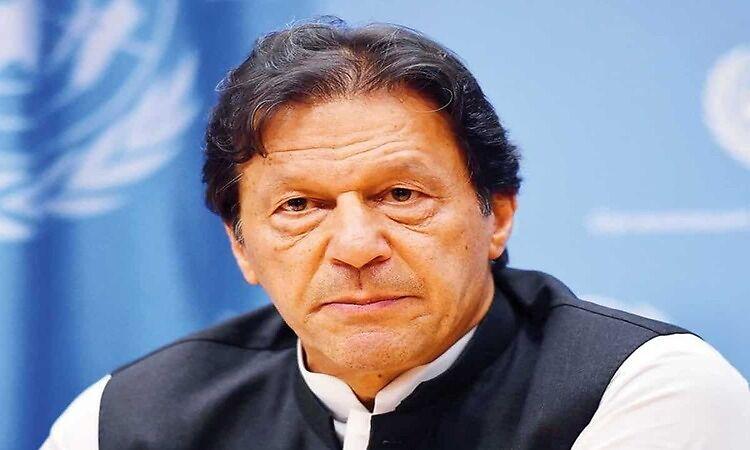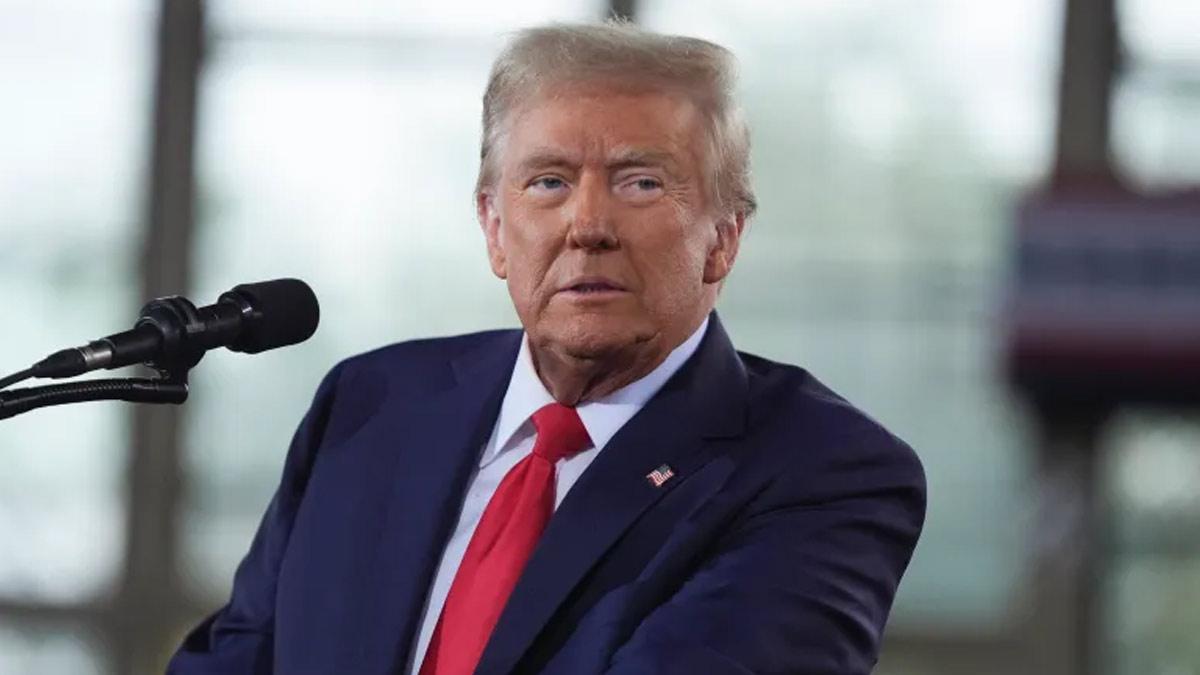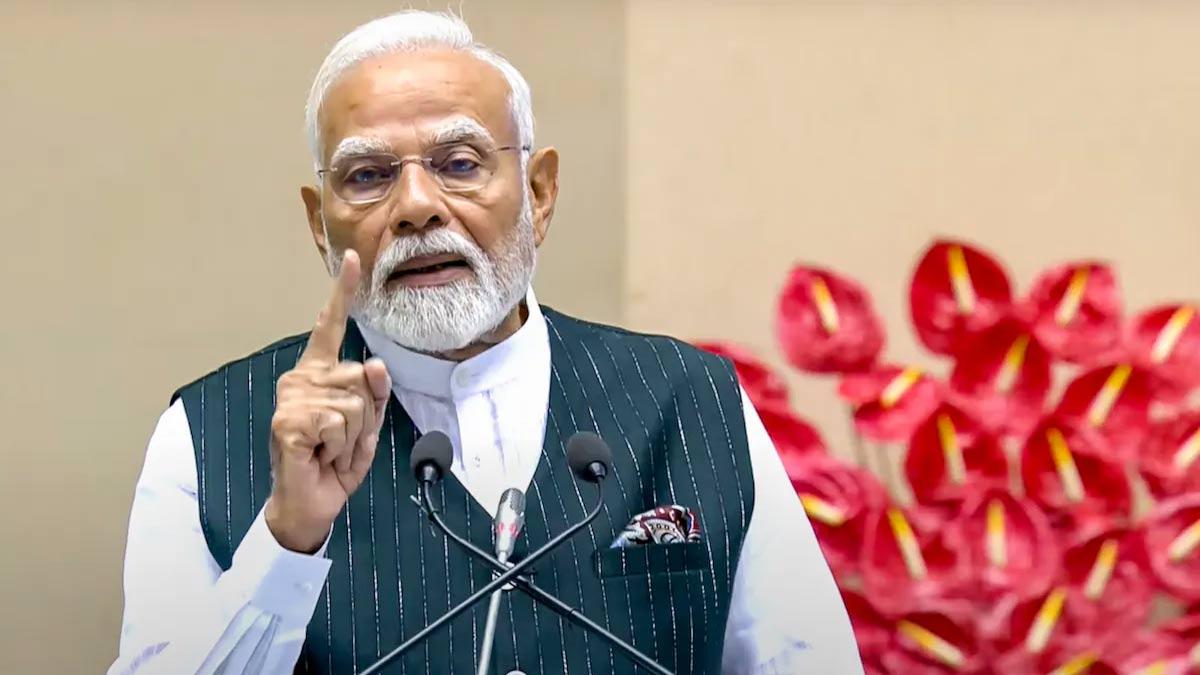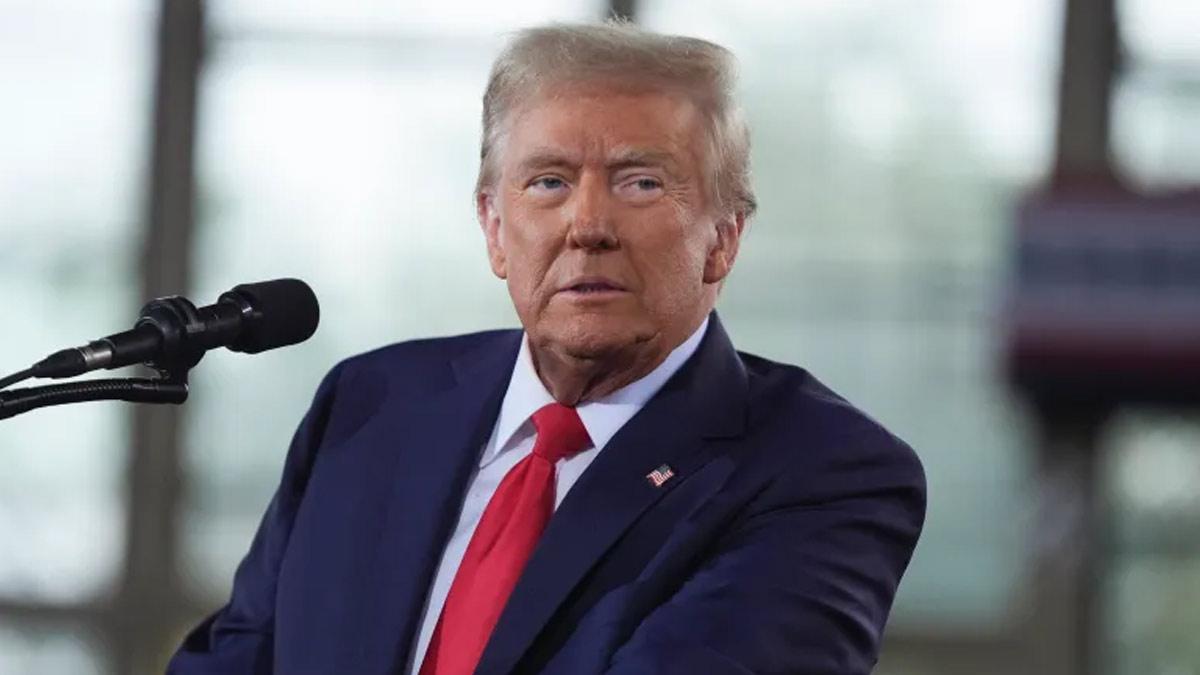Pakistan's Opposition parties always alleged that Imran Khan was a 'selected' and not 'elected' Prime Minister. They claimed that the establishment (Pak Army) helped Imran take over as the prjme minister. Now that the Pak army has reportedly distanced itself from Imran, the opposition parties have sniffed a chance to dethrone him and that's why they have submitted a no-confidence motion against his government in National Assembly.
The 69-years-old leader of the Pakistan Tehreek-e-Insaf Party (PTI) rode to power in 2017 on the back of massive anti-incumbency against then ruling Pakistan Muslim League-Nawa (PML-N). However, PM Khan seems to find himself in the similar precarious situation (like his predecessors were) as his government has been saddled by corruption charges, mismanagement of economy and uncontrollable inflation with no solution in sight. It is pertinent for us to know in detail the issues faced by Pakistan which has bogged down the government and emboldened the Opposition enough to submit a no-confidence motion:
1. Last month, Pakistan’s former Finance Minister said that the country’s current account deficit was heading to a record high USD 20 billion which is 6 percent of the GDP. Given that the oil prices have reached historic high (USD 130 per barrel) due to the Russian invasion of Ukraine, the energy import bill is set to skyrocket and so will commodity inflation. This will eat into household savings in the agriculture-based low-income economy which has the potential to push people below the poverty line.
2. Pakistan’s consumer price index (CPI) rose 13 percent y-o-y in January while the inflation figure for December 2021 was 12.3 percent. The electricity prices rose 56.2 percent y-o-y in January 2022 as did the cooking oil prices at 50.33 percent for the same month. This is an indication of high inflation in an informal economy.
Also read| Iran calls nuke deal parties for immediate 'political decisions' in talks
3. Fertilizer prices, a critical commodity in an agriculture-based economy like Pakistan, have sky-rocketed in a post-covid world given a massive increase in consumption as restrictions in countries across the world have reduced and job opportunities have increased. Now Russia (major fertilizer producer) has been sanctioned by the US for invading Ukraine, the fertilizer prices have reached record high. This will massively impact the income of Pakistan farmers and has the potential to disrupt the food production in a period where food prices across the world have massively increased.
4. The Pakistan Prime Minister seems to have no solution in sight to these issues. Even though his government did cut petrol prices by PKR10/litre, this is unlikely to provide long-term relief to the public as the issue of inflation involves several above mentioned factors. To cut the current account deficit, the government has been increasing taxes (such as 17 percent general sales tax on inputs of milk products) to shore up money. This has the potential to further cut down the house income due to spending on basic commodities (wheat, milk, cooking oils) which have become costly.
5. Pakistan has borrowed USD15.32 billion in new foreign loans in the fiscal year 2020-21 which is a record in itself. The Pakistani rupee has depreciated 30.5 percent since his government has come to power in 2017.
6. On the political front, Pakistan PM is facing a schism with the new DG ISPR as Imran’s choice was ISI Chief Lt Gen Faiz Hameed against the all-powerful Pakistan Army’s choice which was Lt. General Nadeem Anjum. Eventually, the wishes of the Pakistan Army prevailed but not before PM Khan had deteriorated his relationship with the Army chief.
Also read| Russian shelling in Kharkiv kills 4 people
7. On the foreign policy front, the Taliban government in Afghanistan hasn’t exactly been the kind of puppet regime that Islamabad imagined. The Taliban has raised the issue of the legitimacy of the Durand Line (de-facto Af-Pak border) which hasn’t gone down well with Pakistan. Pakistan has also received severe criticism for not condemning Russia’s invasion of Ukraine. Pakistan, a major non-NATO ally, was expected to join the western ranks but so-far they have abstained, further isolating the country on the global stage.
8. In the back of these issues, the Opposition (Pakistan Democratic Movement- Pakistan Democratic Movement PDM — the nine-party alliance — headed by PDM President Fazlur Rehman along with Pakistan People's Party (PPP) headed by Asif Ali Zardari, PML-N headed by Shahbaz Sharif) on Tuesday submitted a no-confidence motion against the government for the issues faced by the country. It has been signed by 100 lawmakers (68 required for submission). The Speaker is bound to call a session within 3-7 days of submission of the motion in the house of 342. 172 votes are required to pass it successfully.
9. PM Khan has refused to bog down. "I will fight them until (my last breath). I will face them and I am completely prepared for whatever (challenger come)," he said at a political rally on Sunday.”


















